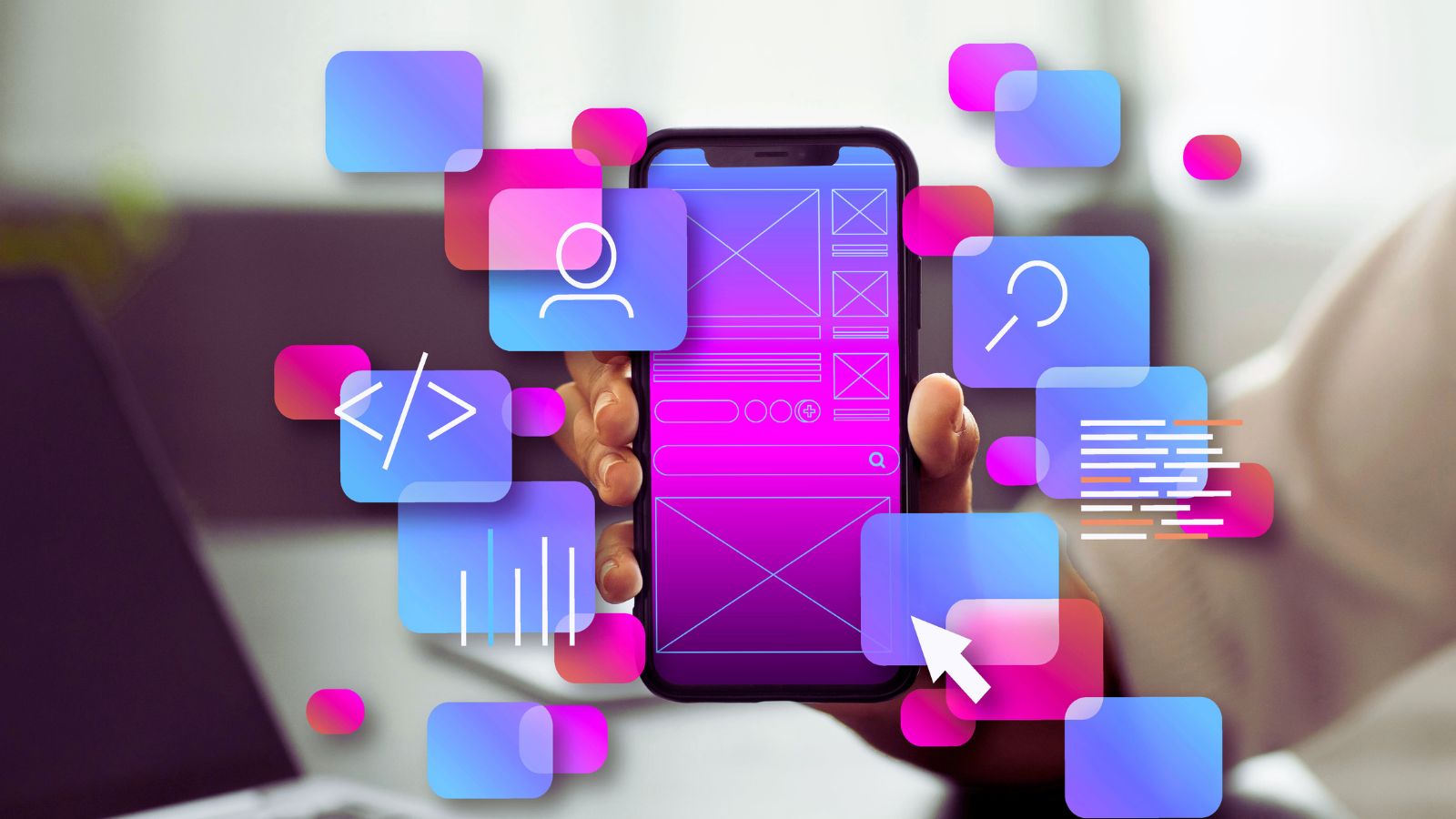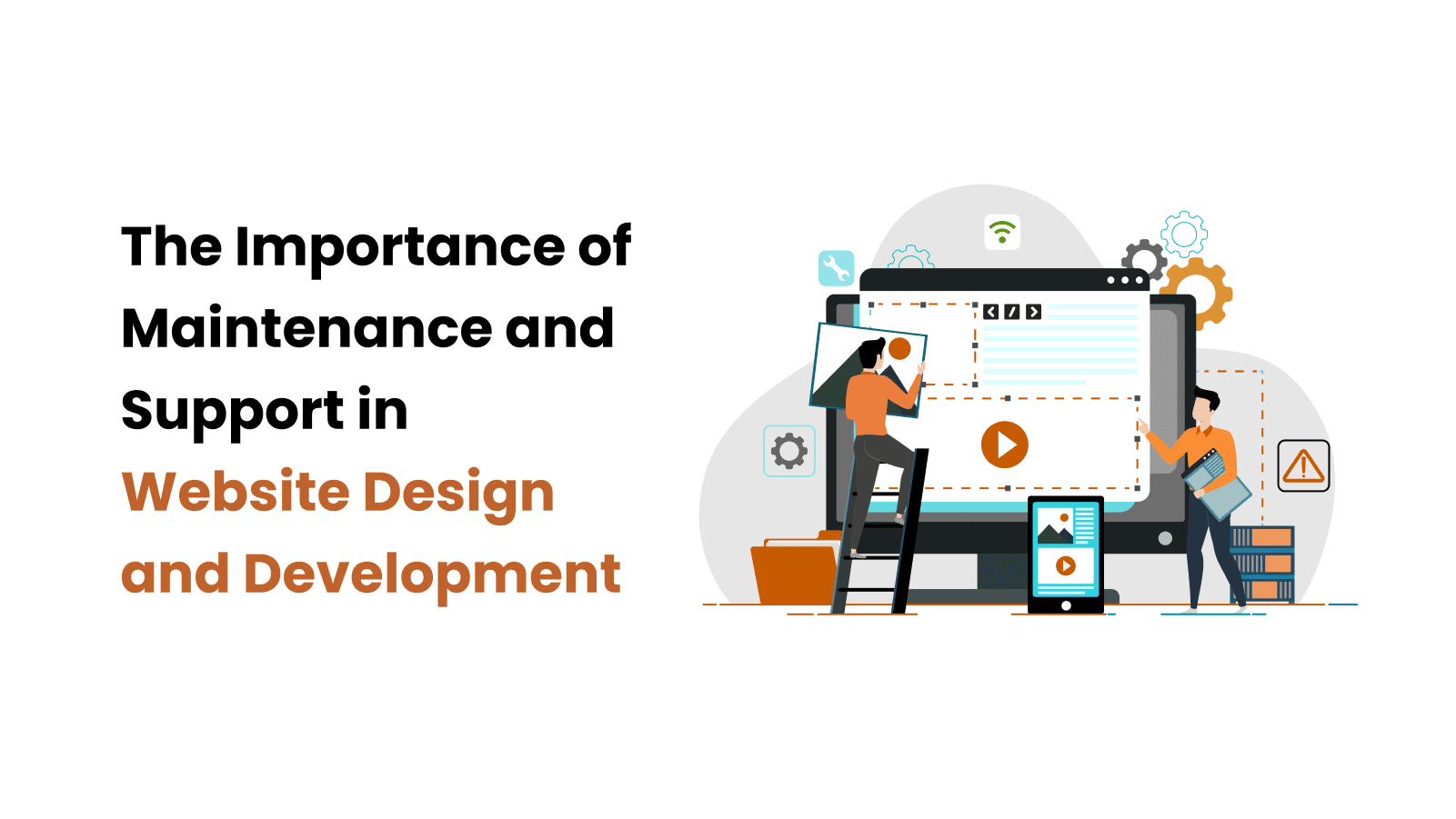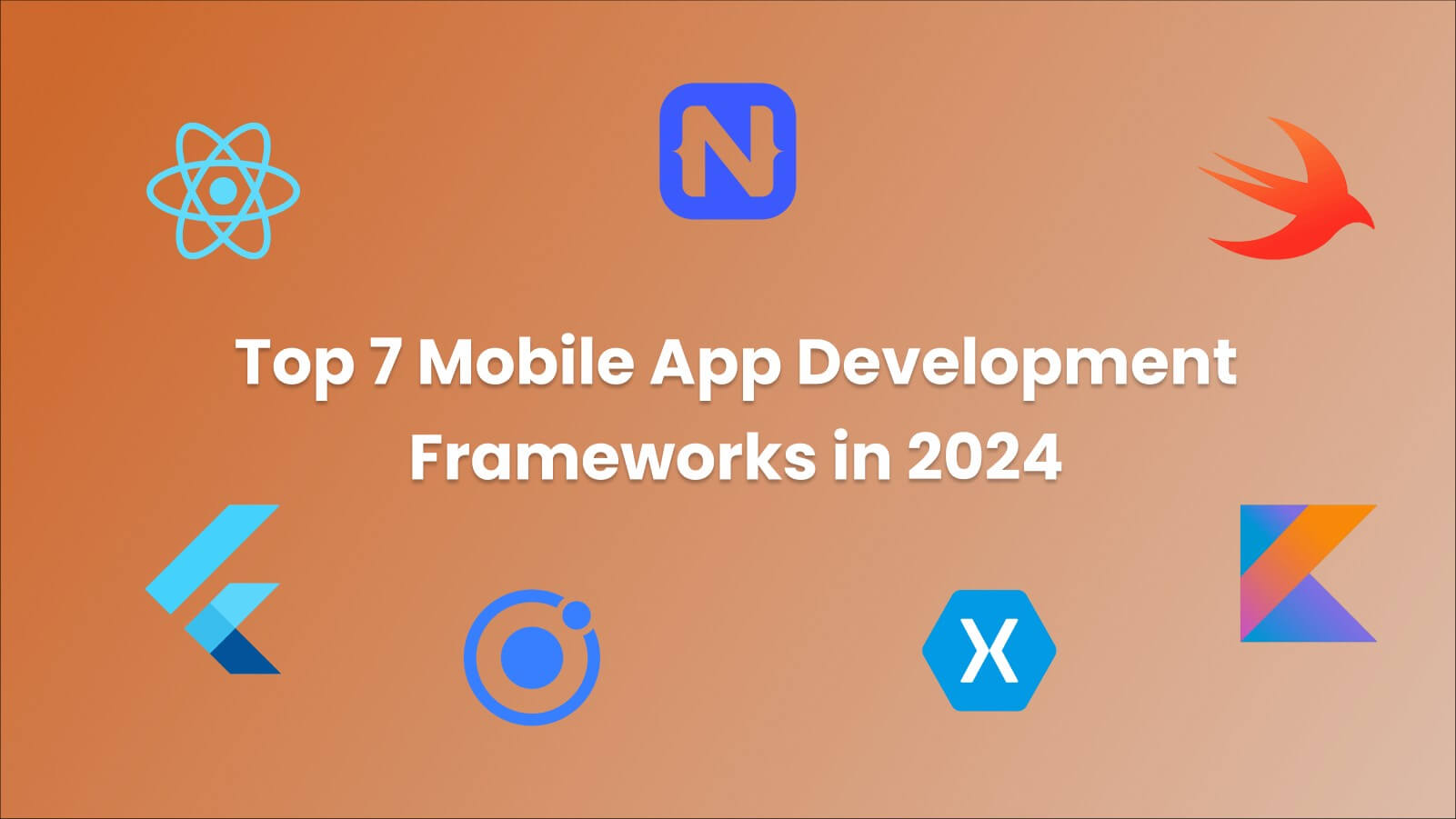
Mobile app development services offer a wide range of options for businesses and individuals to create an app to meet their needs. From developing a basic app with limited features to a complex app with an extensive feature set, mobile app development services have the means to make your ideas become a reality. There are many stages involved in the development of a mobile app, each of which is important to the overall success of the project. Let’s have a look! The journey of a successful mobile app begins with a brilliant idea. During the ideation stage, the development team brainstorms concepts, identifies pain points, and envisions a solution to address users' needs. Questions like "What problems will this app solve?" and "Who is the target audience?" are explored. Before diving into development, thorough market research is essential. The team analyzes similar apps in the market, identifies their strengths and weaknesses, and uncovers opportunities to differentiate the new app. Understanding the competition and market trends enables the team to make informed decisions. At this stage, the app's core features and functionality are outlined. Wireframes and prototypes are created to visualize the app's layout and user interface. User experience (UX) and user interface (UI) designs are carefully considered to ensure a seamless and engaging app. The development team assesses the technical feasibility of the app. This involves determining the technology stack, platform compatibility, and integrations required. It is crucial to choose the right development tools and frameworks that align with the app's objectives. The actual coding and development process take place in this stage. Skilled developers write the app's code, ensuring clean and efficient programming practices. Regular testing and debugging are carried out to identify and fix issues promptly. Thorough testing is conducted to ensure the app functions flawlessly across different devices and operating systems. Quality assurance is essential to identify and rectify any bugs or glitches, ensuring a polished user experience. Before the official launch, the app undergoes beta testing. A select group of users test the app and provide valuable feedback. This feedback is used to make further improvements and enhancements to the app's performance. After rigorous testing and refining, the app is ready for deployment. It is released on the respective app stores, such as the Apple App Store and Google Play Store. The launch strategy is implemented to create buzz and attract potential users. To gain visibility and increase app downloads, a well-thought-out marketing strategy is employed. App store optimization (ASO), social media campaigns, and influencer marketing are utilized to reach the target audience effectively. Once the app is live, user acquisition becomes a primary focus. Retaining existing users and acquiring new ones is crucial for sustained growth. Continuous updates and feature enhancements keep users engaged. Analyzing user behavior and app performance metrics is vital to measure the app's success. Data-driven insights help in making informed decisions for further improvements and updates. Protecting user data and ensuring app security is a top priority. Robust security measures, data encryption, and compliance with privacy regulations are essential to gain users' trust. For apps that offer services or content, implementing the right monetization strategy is vital. Options like in-app purchases, subscriptions, and advertisements generate revenue for the app owner. Actively listening to user feedback and promptly addressing their concerns builds a loyal user base. Providing excellent customer support and maintaining open communication channels with users fosters trust and loyalty. To stay competitive and relevant, regular updates and feature enhancements are rolled out. Keeping the app up-to-date with the latest technology and trends ensures its long-term success. Creating a fun and engaging user experience through gamification elements encourages user retention and interaction. Points, rewards, and challenges add an element of excitement to the app. As the app gains popularity, ensuring it can handle increased traffic and user load is crucial. Scaling the app's infrastructure and servers is necessary to accommodate future growth. Effective teamwork between developers and designers is essential for the app's success. Close collaboration ensures seamless integration of design and functionality. The app development journey doesn't end with the initial release. Continuous improvement and innovation are vital for sustained success. Adapting to user needs and technological advancements keeps the app ahead of the competition. During development and post-launch, technical challenges may arise. Quick troubleshooting and problem-solving are necessary to minimize disruptions and ensure a smooth user experience. Putting the user at the center of the app development process leads to a user-centric product. Understanding user needs and preferences helps create an app that resonates with the target audience. Effective communication and collaboration with client is an essential for project success. Understanding their vision and requirements ensures a successful app delivery. Integrating artificial intelligence (AI) and other emerging technologies can elevate the app's capabilities and user experience. AI-driven features enhance personalization and efficiency. Achieving a balance between stunning design and seamless functionality is crucial. A visually appealing app with intuitive navigation enhances user satisfaction. The app's launch is just the beginning of its journey. Continuous monitoring, timely updates, and attentive customer support contribute to long-term success. Design an amazing mobile app is a multi-faceted and intricate process that requires meticulous planning, technical expertise, and a user-focused approach. The key stages outlined in this blog provide a comprehensive roadmap for creating a successful mobile app, from conceptualization to post-launch support. By understanding and implementing these above mentioned stages, mobile app developers can craft remarkable experiences that resonate with users and drive long-term success. Ready to turn your mobile app idea into reality? Contact IIH Global, your trusted iOS and Android mobile app development partner. We have a team of professional developers and designers ready to bring your vision to life. Don't miss out on the opportunity to create a successful and user-centric mobile app. Request a Free quote today or email us sales@iihglobal.com to discuss about your mobile app development services requirements.
With the help of experienced app developers, you will be able to create an app that is tailored to your particular needs. In this blog post, we will discuss about the key stages/process of mobile app development and how each stage contributes to the overall success of the project.
Whether you're a tech enthusiast, an aspiring app developer, or a business owner looking to create a unique app for your brand, this blog will give you helpful information about the mobile app development process.The Fundamental Phases of Mobile App Development Services
1. Ideation and Conceptualization
2. Market Research and Competitor Analysis
3. Defining Features and Functionality
4. Technical Feasibility Assessment
5. App Development
6. Testing and Quality Assurance
7. Beta Testing and User Feedback
8. App Deployment
9. App Marketing and Promotion
10. User Acquisition and Growth
11. Data Analytics and Performance Monitoring
12. Security and Privacy Measures
13. App Monetization Strategies
14. User Feedback and Support
15. App Updates and Enhancements
16. User Engagement and Gamification
17. Handling Scalability and Future Growth
18. Collaboration with Developers and Designers
19. Continuous Improvement and Innovation
20. Dealing with Technical Challenges
21. Importance of User-Focused Approach
22. Collaboration with Clients
23. Leveraging AI and Emerging Technologies
24. Balancing Design and Functionality
25. The Launch and Beyond
Conclusion








